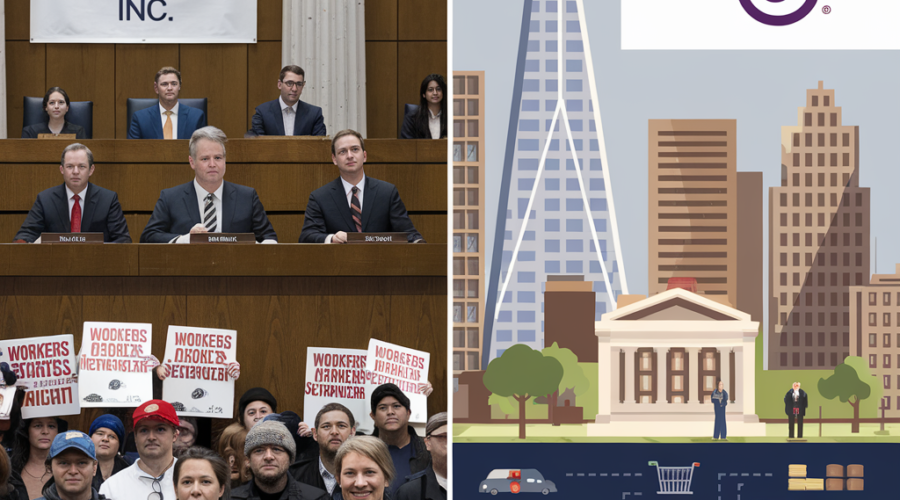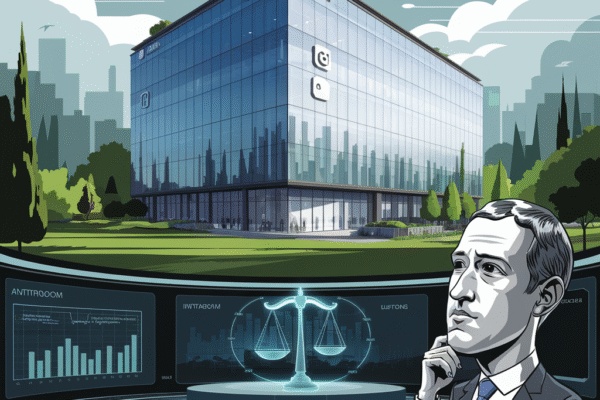Supermarkets and Grocery Stores, Mergers, Acquisitions and Divestitures – Introduction
The proposed $24.6 billion merger between Albertsons Inc and Kroger Company, the largest ever in the grocery industry, has sparked a legal trial that raises critical questions about its impact on workers. The litigation, involving employee testimonies and labor union advocacy, aims to determine whether such mergers lead to job insecurity, wage reductions, and deteriorating working conditions for grocery store employees.
Key Highlights
- The merger would create a combined entity with around 5,000 stores, requiring the divestiture of 579 stores to appease antitrust authorities.
- Past mergers, like the 2015 Safeway and Albertsons deal, have resulted in significant job losses and changes in working conditions for employees.
- Federal regulators argue that the merger will hurt not only consumers but also workers, citing potential negative impacts on job security, wage levels, and working conditions.
- Labor unions play a crucial role in advocating for workers’ rights during such mergers, aiming to mitigate the negative impacts on employees.
Labor and Jobs, Antitrust Laws and Competition Issues
Historically, major supermarket mergers have significantly altered the competitive landscape of the grocery industry, often leading to reduced competition and higher prices for consumers. Key statistics illustrate this trend: between 2000 and 2020, the number of grocery stores in the United States decreased by approximately 20%, with larger chains absorbing smaller ones.
Testimonies from employees affected by past mergers highlight the negative impacts on job security and working conditions. For instance, Leonard De Monte, a former Vons employee, lost his seniority and was relegated to minimum wage after his store was transferred to a different chain following the Safeway and Albertsons merger.
Antitrust laws, such as the Clayton Act, are designed to protect competition and consumer welfare. However, their application in the grocery industry can be complex. The primary concern is whether mergers reduce competition to the point where prices rise and labor markets suffer. A study by BCG found that increased market concentration can lead to higher prices and reduced innovation, potentially harming both consumers and workers.
Suits and Litigation (Civil), Organized Labor
The United Food and Commercial Workers Union (UFCW) has been actively advocating for workers’ rights in such mergers, emphasizing the need for robust protections against layoffs and wage freezes. While the proposed measures to divest stores may appease antitrust authorities, the question remains whether they are sufficient to protect workers.
The Federal Trade Commission (FTC) and the Justice Department play crucial roles in overseeing mergers to ensure they do not violate antitrust laws. However, past antitrust cases within the grocery sector have shown mixed results. For instance, the 2015 analysis of the Safeway and Albertsons merger highlighted concerns over reduced competition but ultimately allowed the merger to proceed.





